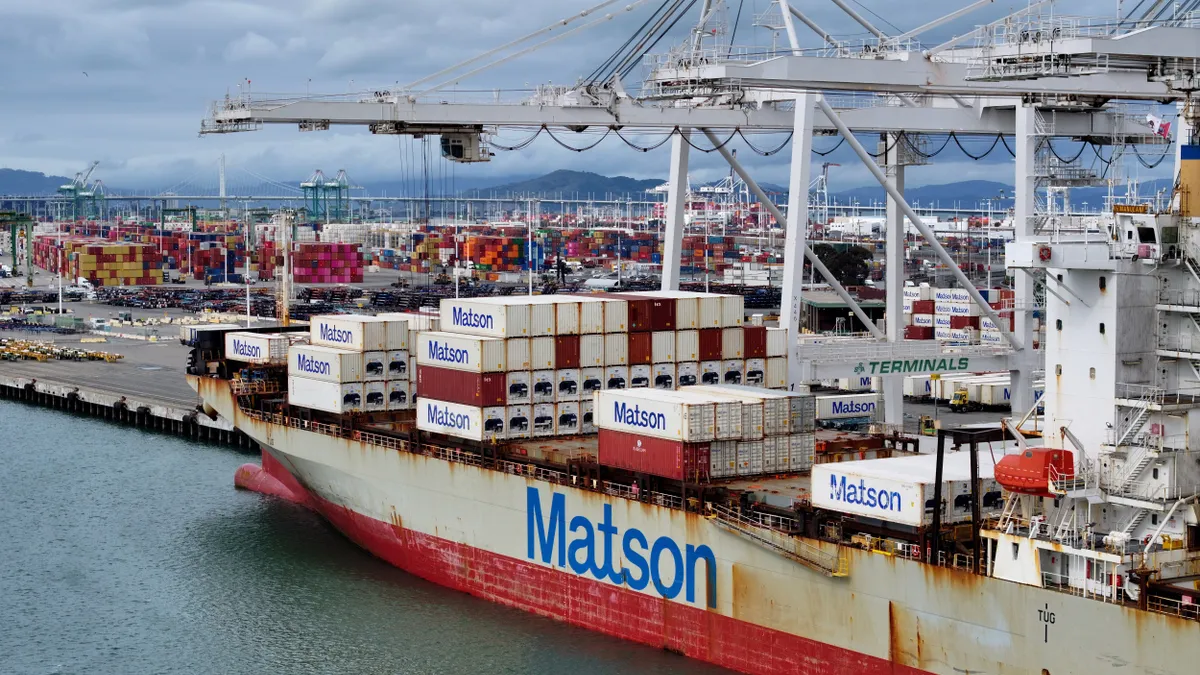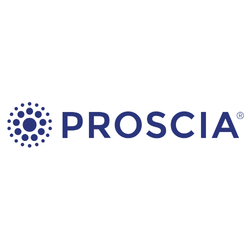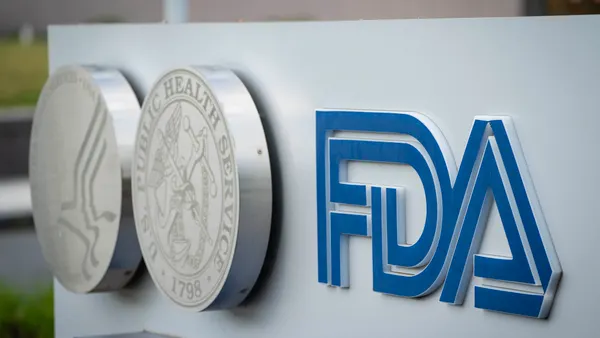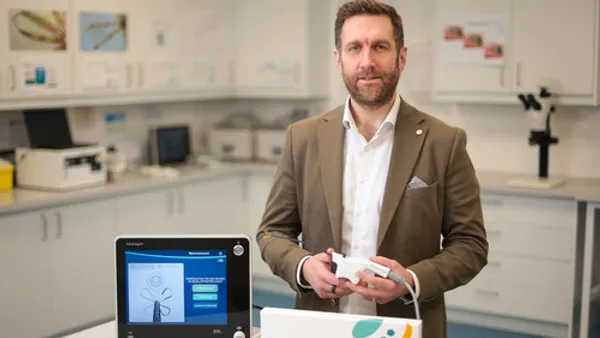Medtech companies face more tariff uncertainty as the Trump administration opens a Section 232 investigation into medical equipment. The Department of Commerce disclosed the probe late Wednesday, although it had started several weeks earlier, on Sept. 2.
Medical device firms are still looking into the potential implications. Industry group Advamed, which has been lobbying for medical devices to be exempted from tariffs, emphasized in comments Thursday that 70% of the medical equipment used in the U.S. is made in the country.
“We believe this process will reinforce the fact that U.S. medtech manufacturing is strong and lower tariffs will fuel more manufacturing and job growth in the U.S., which means greater access to lifesaving technologies and lower costs to American hospitals and patients,” Advamed CEO Scott Whitaker said in a statement.
Large, multinational medical device firms, including Siemens Healthineers and GE Healthcare have not commented on the Section 232 investigation. A spokesperson for Philips said “at this stage, no immediate operational or financial impact should be assumed,” adding that details are limited and “a range of potential outcomes remain under discussion.”
The investigation applies to a wide variety of medical products, from syringes, needles and scalpels to IV bags, catheters and gauze. A federal register notice slated to publish Friday also listed more complex devices, such as wheelchairs, insulin pumps, pacemakers, heart valves, blood glucose monitors and imaging machines.
Section 232 investigations are intended to understand potential national security risks, and the Trump administration has used them to impose tariffs on goods including steel, aluminum, copper and automobiles. The pharmaceutical industry has also been the subject of a Section 232 review. President Donald Trump threatened in August to impose tariffs of up to 250% on pharmaceutical imports, and announced 100% tariffs on patented pharmaceuticals Thursday evening, unless a company is building a manufacturing plant in the U.S.
If more tariffs are enacted, how much medtech firms will be impacted is uncertain.
“We expect the medical device investigation to eventually result in additional tariffs for the industry though Trump may take a similar approach as with pharmaceuticals and gradually increase tariffs over time,” Needham analyst Mike Matson wrote in a research note.
Matson added that most medical device companies rely on either raw materials or components manufactured outside the U.S., or manufacture some portion of their products in other countries.
To offset any new tariffs, Matson expects medtech companies to pass along the price to customers in the short term. Some companies may look to increase U.S. manufacturing in the long term, but this “is likely to take considerable time,” Matson added.
J.P. Morgan analyst Robbie Marcus wrote to clients that he hopes the industry will be “largely insulated,” with a history of bipartisan support and trade agreements with the European Union and Japan preventing the stacking of multiple tariffs.
Medtech firms have been grappling with a moving target on tariffs for the past several months. In their latest earnings calls, companies cut the expected impact from tariffs from first-quarter estimates.
“Most medical device companies have already baked in some tariff headwinds, but new tariffs could be another headwind to margins,” William Blair analyst Brandon Vazquez wrote in a research note.
Public comments on the investigation are open for 21 days, and the Department of Commerce has 270 days to provide a report to the president. Vazquez wrote that this timeline suggests the earliest any action would go into effect is summer 2026.














